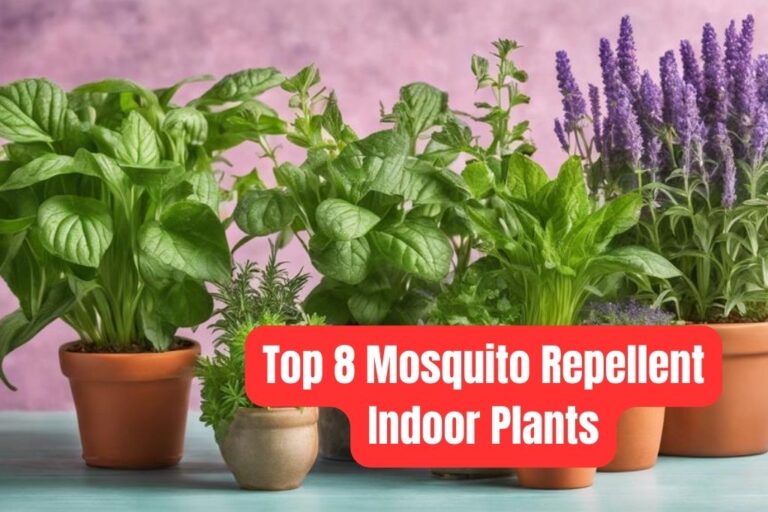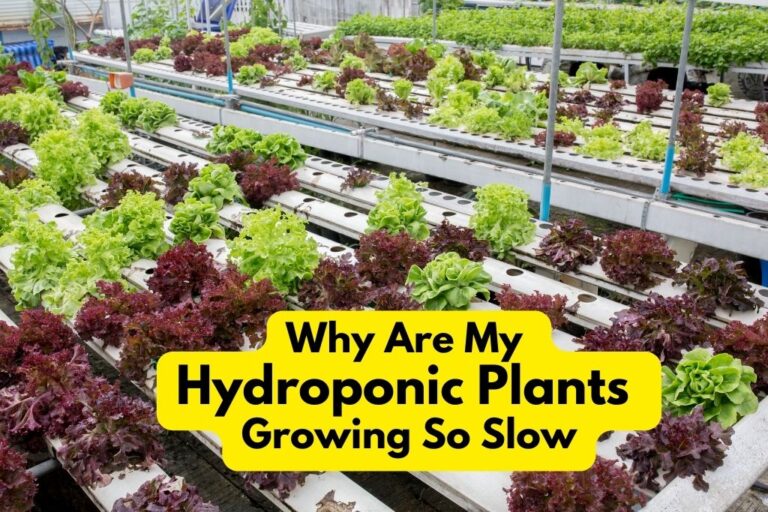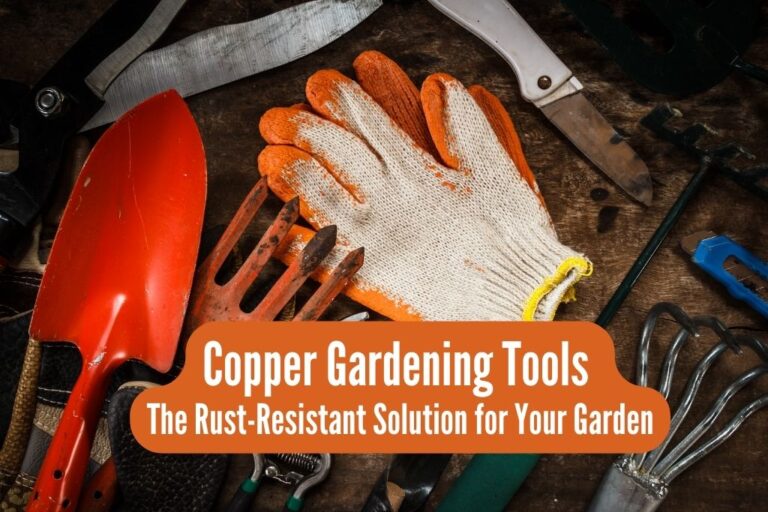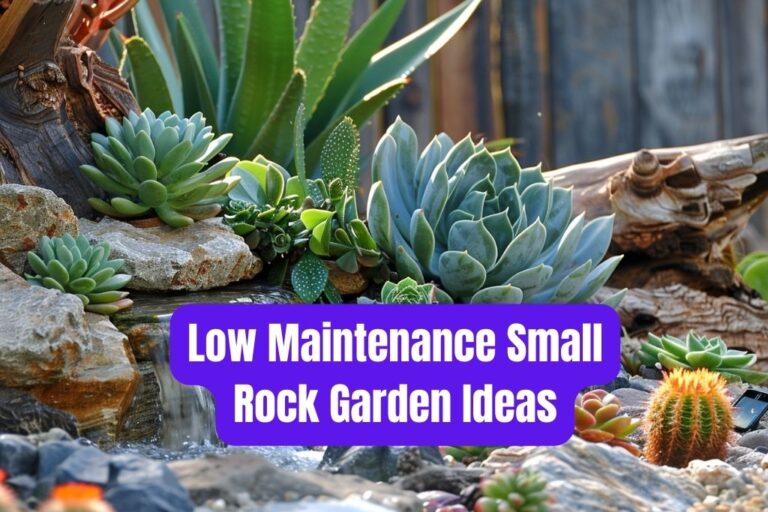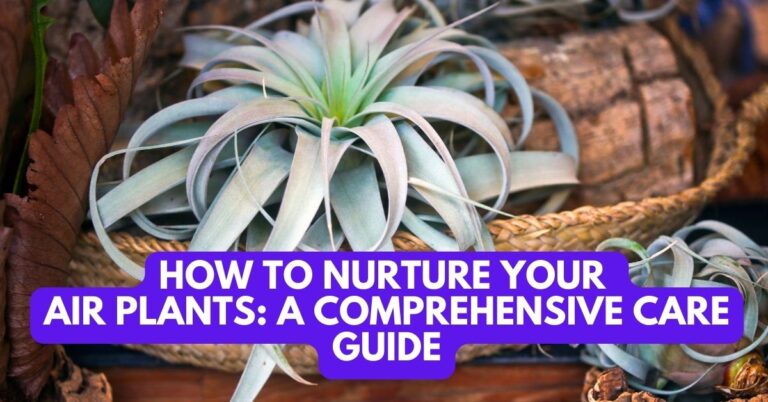Why Are Pollinator Gardens Important
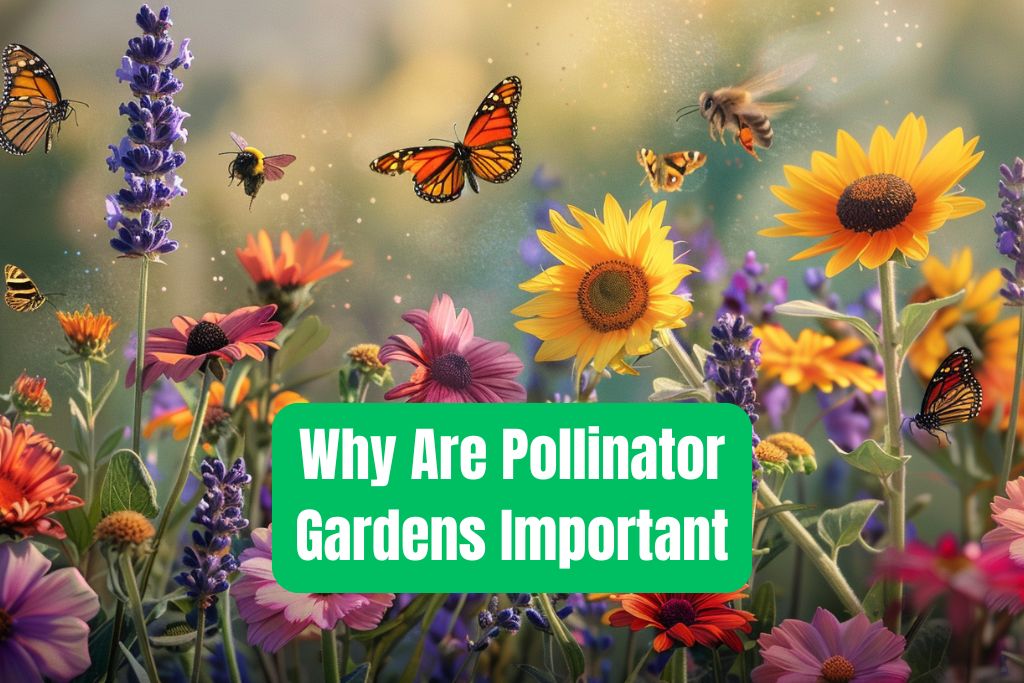
Pollinator gardens serve as vital sanctuaries for a variety of creatures, from industrious bees to delicate butterflies. Their importance extends far beyond mere aesthetics, impacting our ecosystem in profound ways. By nurturing these gardens, you are not only fostering biodiversity but also playing a crucial role in sustaining our food sources. The benefits are multifaceted, and the ripple effect they create is truly remarkable. The intricate web of connections that these gardens facilitate may surprise you.
Promote Biodiversity Conservation
By planting pollinator gardens, you can actively contribute to promoting biodiversity conservation. These gardens provide essential habitats for various pollinators such as bees, butterflies, and birds, helping to support their populations and ensure their survival. By attracting a diverse range of pollinators, you create a healthier ecosystem that benefits not only the pollinators themselves but also other wildlife species.
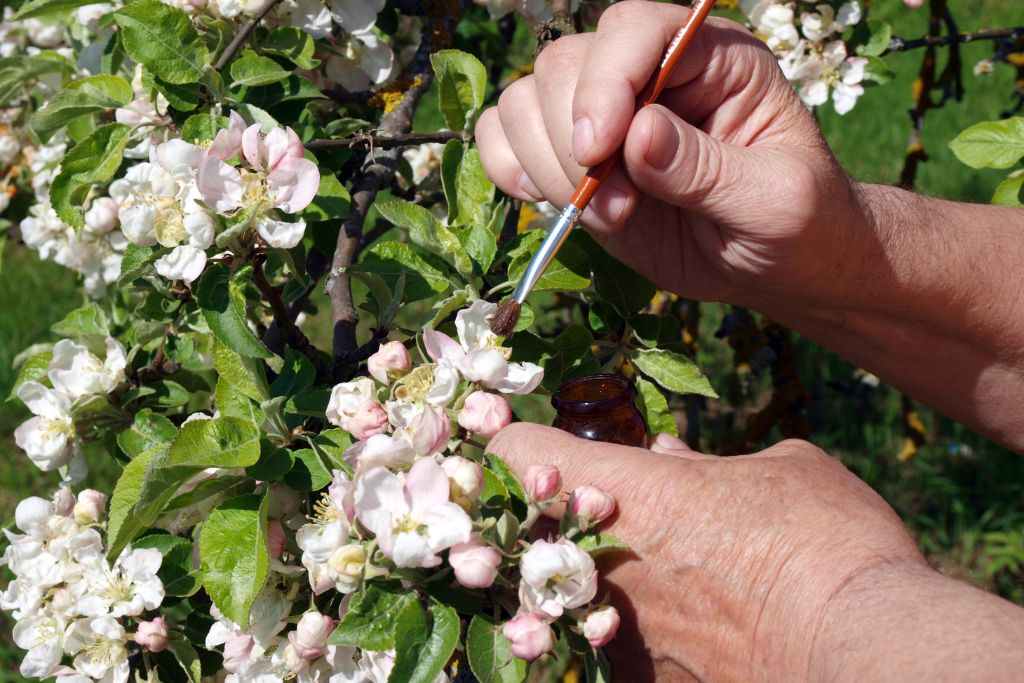
Biodiversity conservation is crucial for maintaining a balanced environment, as different species rely on one another in intricate ways. Pollinator gardens play a vital role in this intricate web of life by providing a safe space for pollinators to thrive, ultimately leading to a more resilient and sustainable ecosystem for all.
Support Crop Pollination
Enhancing crop pollination is essential for agricultural productivity and food security. Pollinator gardens play a crucial role in supporting crop pollination by attracting bees, butterflies, and other pollinators to agricultural areas. These pollinators help transfer pollen between flowers, leading to the fertilization of plants and the production of fruits, vegetables, and seeds.
Without adequate pollination, many crops would have low yields or fail to produce fruits at all. By creating pollinator-friendly habitats through pollinator gardens, you can contribute to the health of pollinator populations and ensure the successful pollination of crops.
Supporting crop pollination ultimately leads to increased agricultural productivity, better crop quality, and enhanced food security for communities around the world.
Enhance Food Security
To enhance food security, consider the critical role that pollinator gardens play in supporting crop pollination. Pollinators such as bees, butterflies, and birds are essential for the reproduction of many food crops. By attracting these pollinators to your garden through the presence of native plants and flowers, you’re indirectly supporting the pollination of nearby crops, thus increasing their yield and quality.
A diverse range of pollinator-friendly plants in your garden can ensure that there are enough pollinators present to effectively pollinate food crops, leading to a more stable and secure food supply. By creating a pollinator garden, you aren’t only beautifying your surroundings but also contributing to the sustainability of food production and enhancing food security for yourself and your community.
Beautify the Environment
Transforming your outdoor space into a pollinator garden not only serves a practical purpose but also has the added benefit of beautifying the environment. By planting a variety of flowers, shrubs, and trees that attract pollinators like bees, butterflies, and hummingbirds, you create a visually stunning landscape filled with vibrant colors and bustling activity.
Imagine a garden alive with the gentle hum of bees and the graceful flutter of butterflies, adding a touch of natural beauty to your surroundings. These pollinator-friendly plants not only provide food and shelter for these beneficial insects and animals but also create a picturesque and inviting space for you to enjoy.
Enhancing the environment with a pollinator garden is a rewarding way to contribute to the beauty of nature.
Mitigate the Decline of Pollinators
As you embrace the beauty and vitality of your pollinator garden, it’s crucial to recognize the urgent need to mitigate the decline of pollinators. Pollinators, like bees and butterflies, are facing threats such as habitat loss, pesticide use, and climate change.
By creating a pollinator garden with diverse, nectar-rich plants, you provide a safe haven and food source for these essential creatures. Your garden can act as a stepping stone, connecting fragmented habitats and helping pollinators thrive.
Supporting pollinators not only ensures the health of ecosystems but also benefits agriculture and food production. Take action in your own backyard to combat the decline of pollinators and safeguard the future of these invaluable species.
Frequently Asked Questions
How Can I Attract Pollinators to My Garden?
To attract pollinators to your garden, plant a variety of flowers that bloom at different times. Include native plants, provide a water source, and avoid using pesticides. Creating a diverse and welcoming environment will invite pollinators to visit.
What Types of Plants Are Best for Pollinator Gardens?
To attract pollinators to your garden, choose plants like lavender, coneflowers, and sunflowers. These flowers provide nectar and pollen, attracting bees, butterflies, and other pollinators. Creating a diverse garden will help support pollinator populations.
Do Pollinator Gardens Require Special Maintenance?
Yes, pollinator gardens require regular maintenance. Tasks like weeding, deadheading, and watering are essential. Proper upkeep ensures a healthy habitat for pollinators.
Regular monitoring and maintenance help support the ecosystem and promote biodiversity.
Can Urban Areas Support Pollinator Gardens?
Yes, urban areas can support pollinator gardens.
You should choose native plants, provide water sources, and avoid pesticides.
Are There Any Specific Design Tips for Creating a Pollinator Garden?
To create a pollinator garden, choose native plants, provide a variety of flower shapes and colors, incorporate water sources, and limit pesticide use. These design tips attract and support diverse pollinators, fostering a healthy ecosystem.
Conclusion
So, next time you’re thinking about planting a garden, consider creating a pollinator garden. By doing so, you’ll be promoting biodiversity, supporting crop pollination, enhancing food security, beautifying your surroundings, and helping to combat the decline of pollinators. Your small actions can make a big difference in preserving our ecosystem and ensuring a sustainable future for all.
Content are generated with AI, fact checked by editorial team.
Hi there! My name is Aaron and I am a gardening expert from the United States. I have always had a passion for gardening and have been practicing it for years. I have gained extensive knowledge and experience in gardening.

